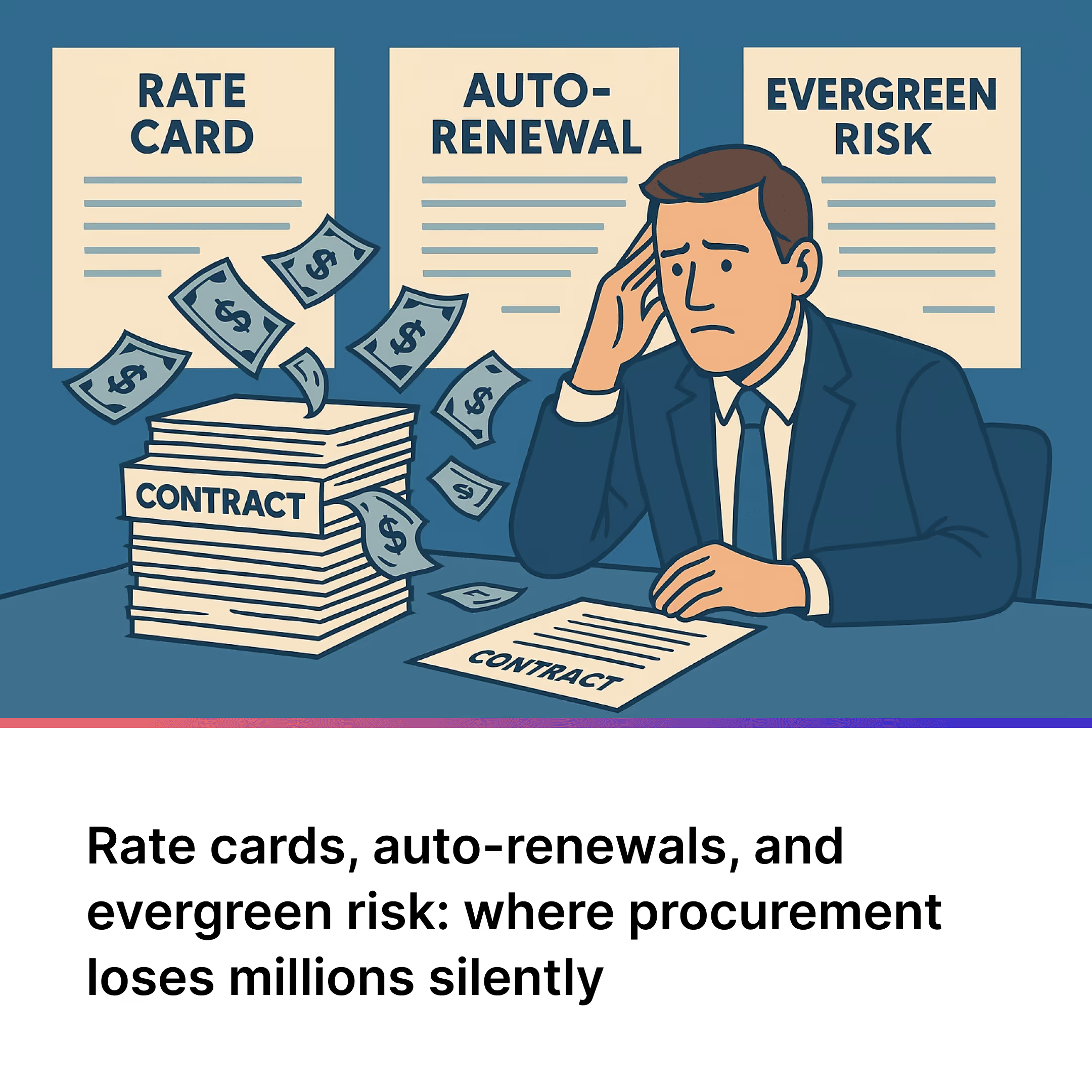Enterprise-Grade Security and Privacy


Experience the Simpli Era
of Contracting
Simpli Era
of Contracting
SimpliAI is a no-brainer. It doesn't even compare, and is a fraction of the cost.

Thank you!
Your submission has been received!
We will reach out to you soon
Your submission has been received!
We will reach out to you soon

.jpg)
.webp)
.webp)







.avif)



.avif)
.avif)




































